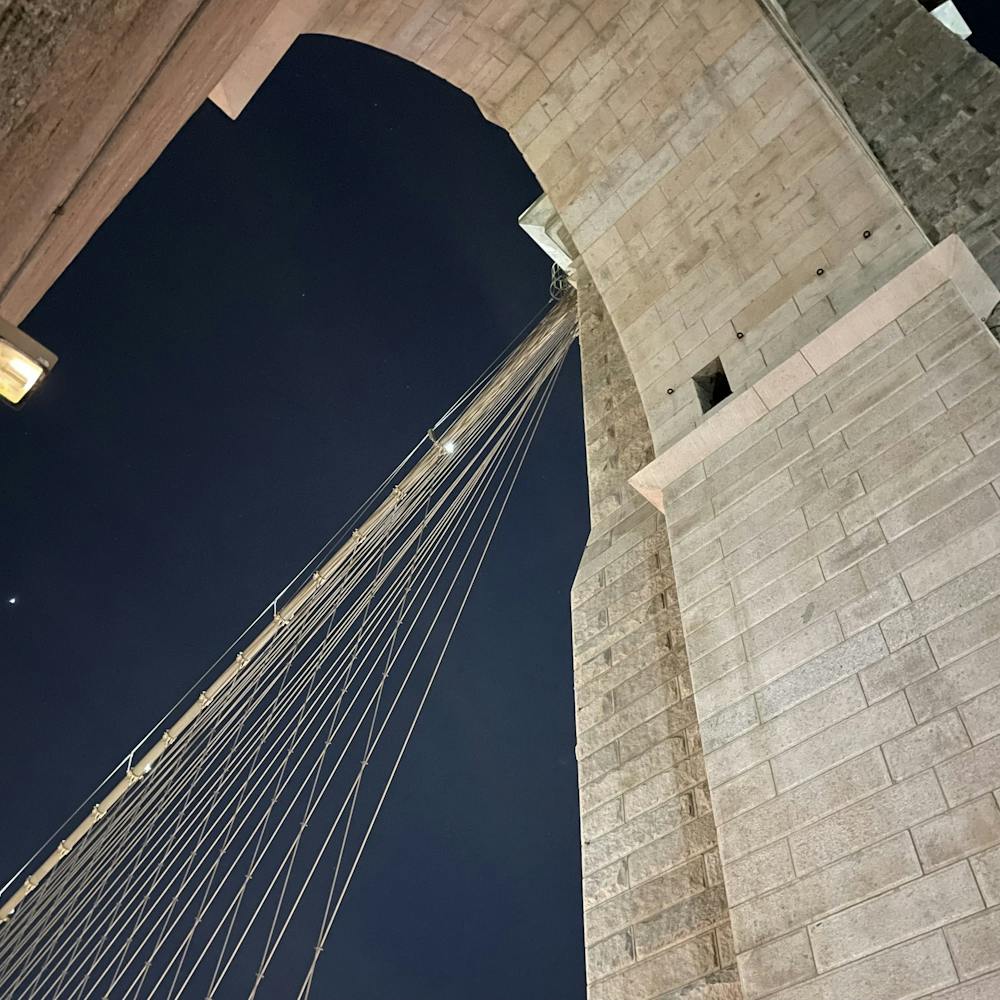Recently, I’ve been listening to Tommy Lefroy’s “The Cause.” Throughout the indie track, a narrator describes how she loves someone who is too busy pursuing some nebulous, all-consuming cause to ever reciprocate her love. “You believe in whatever you want … [while] I’ll always be smaller than the cause,” she realizes. “How could I ever be enough?”
I’m a philosophy major, a journalist, and a writer. At the start of this semester, I joked to my friends that I was shedding all worldly connections to eke out a monk-like existence reading texts, studying philosophy, and writing nonfiction. It’s my chosen cause, after all.
I deeply care about what I do: I spend Fridays away from Princeton on journalism reporting trips, I grab meals with professors, I carefully word and re-word the questions I ask in class. I demonstrate the “intellectual vitality” I so earnestly bragged about on my college applications. Nobody can say I am not a true believer, a true zealot.
And so, although perhaps I shouldn’t, I catch myself sympathizing more with the person the narrator hopelessly loves than the narrator herself.
The cause works like this: the days are long, but the months are short. I read papers from philosophers both famous and obscure, sensible and idiotic. The stack of used books I promise myself I’ll read later grows taller and taller with each passing day. I rub shoulders with eminent professors I’m still somewhat afraid to talk to. My laptop, Muji notebooks, gel-ink pens, and cappuccinos are my best friends. I type and re-type out paragraphs and pages, trying to figure out how good nonfiction is structured. I think, think, think. I’m always writing. At one in the morning, I stare up at the hazy night sky while trundling back to my room alone, whispering to myself, “I regret nothing.”
But the cause also works like this: one November afternoon, I look around for the first time in weeks and wonder, “How is winter almost here already?” Shivering from the chilly air, I take in the crunch of red-brown autumn leaves underfoot, the way the chapel’s sheer sandstone walls bask in the golden hour glow. The rustle of wind through empty branches. The faraway orange hue of the striped sunset. The moment the streetlamps around Firestone Plaza quietly flicker to life.
What have I missed? Do I believe what I whisper to myself?
Socrates famously declared, in defense of a life spent in contemplation, that “the unexamined life is not worth living.” Chasing after the cause, then, is nothing more than living this examined life. I do not mean to complain: I chose this life, this examined life, for myself. I love the cause. Yet I can’t help but feel that loving the cause means I have little space left for loving streaky sunsets, or the wind whipping through my hair, or autumn fading to winter.

Recently, over lunch, my friend — a fellow philosophy major — told me, “I need to find a hobby, something that I do just for fun. But the problem is that everything I pick up ends up being something I need to have fit into my life story.”
I also understand what my friend is saying. If I am not chasing after the cause, I am eating, partying, chatting with friends, meekly following the whims of those around me. Sometimes, this inability to exist outside the confines of the cause makes me anxious. Sometimes, I just want to laugh it all off and create a life for myself where I am grotesquely, unimaginably free, a life where I have no attachments and no substantive opinions about this world. In this life, I don’t need to care about the cause. Who will care what I think? Who will care what I write? But the answer is never far from my mind: I will care, I do care, I care a lot, I care too much.
Often, the cause protects me from looking too deeply within myself; the cause excuses all of my shortcomings. The cause tells me minor foibles shouldn’t weigh on my mind. Who cares about a moment of panicked doubt when there is all of analytical philosophy itself to return to?
Other times, late at night, the questions come back, doubled in fury and strength. Why is there no separation between what I love in my work and what I love elsewhere? Why can’t I just be content completing problem sets, complaining about them all the while? Why have I let my life become subsumed so easily, so alluringly, by a vague, nebulous cause?

Then it starts all over again: some new, glittering normative theory captures my attention, I have a reporting trip to prepare for, and I must push these thoughts out of my head. The cause awaits. The examined life beckons. And I regret nothing.
Joshua Yang is a contributing writer for The Prospect at the ‘Prince.’ He can be reached at joshuayang@princeton.edu or on Twitter at @joshuaqyang.
Self essays at The Prospect give our writers and guest contributors the opportunity to share perspectives. This essay reflects the views and lived experiences of the author. If you would like to submit a Self essay, contact us at prospect@dailyprincetonian.com.








